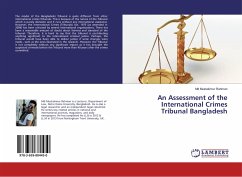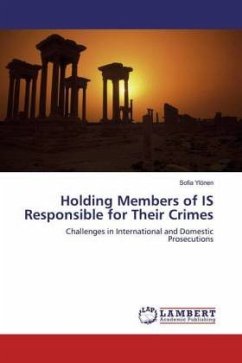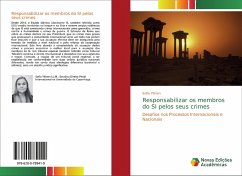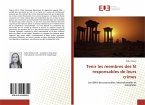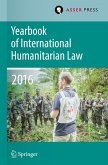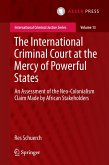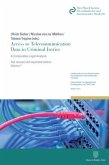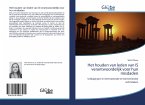The model of the Bangladeshi Tribunal is quite different from other international crimes Tribunals. This is because of the nature of the Tribunal which is purely domestic and it runs without any international assistance. However, the International Crimes (Tribunals) Act, 1973 [as amended in 2009] has been criticized by several international organizations. There has been a reasonable amount of doubt about fairness and standard of the tribunal. Therefore, it is hard to say that the tribunal is contributing anything significant to the international criminal justice. Perhaps, the tribunal would have been able to deliver justice if some changes were made., such as the ones illustrated in the research. However, the Tribunal is not completely without any significant impact as it has brought the suspected criminals before the Tribunal more than 40 years after the crimes committed.

